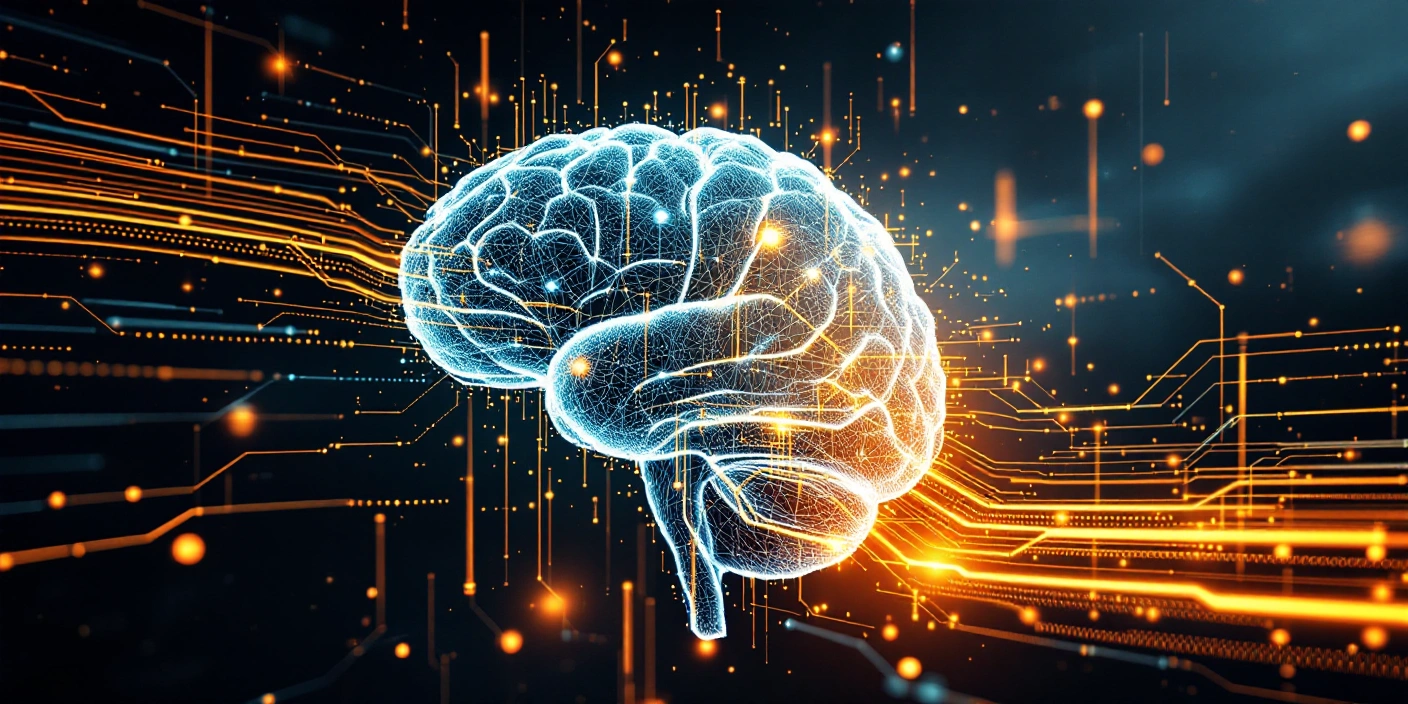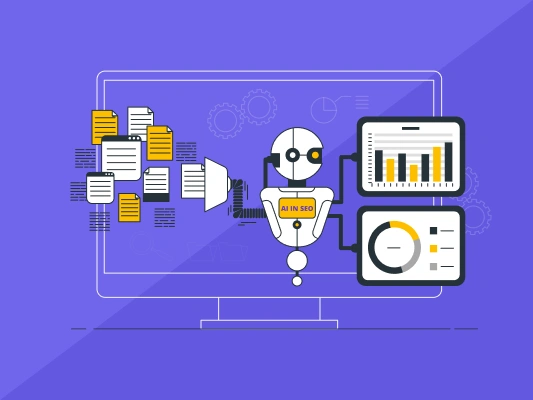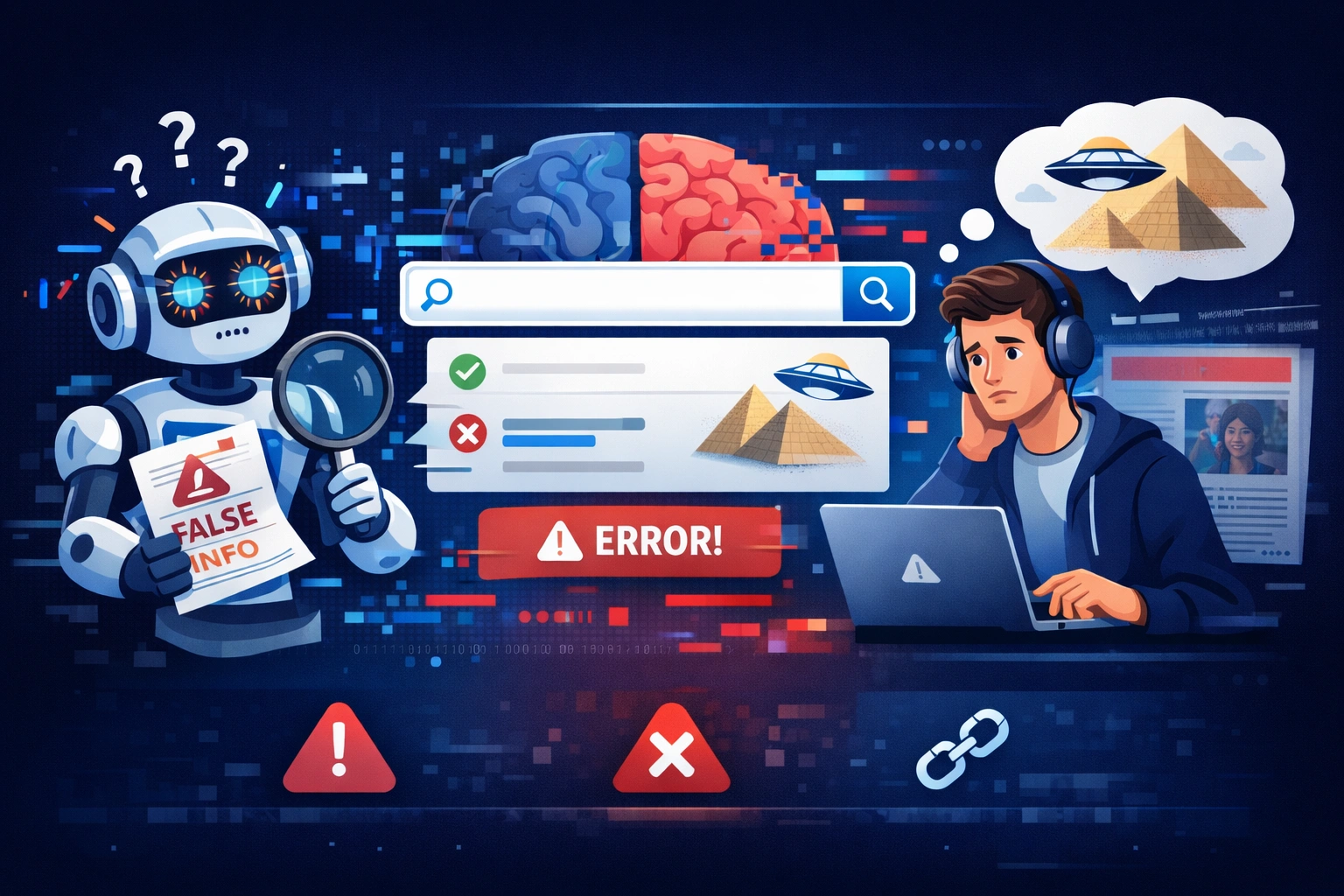How Machine Learning Is Changing Search

Search engines are changing faster than ever - and the biggest shift isn’t just Google updates or new ranking factors. It’s the rise of machine learning and AI-driven understanding. These technologies are reshaping how users discover information, how content earns visibility, and how brands compete online.
Machine learning doesn’t just refine algorithms; it teaches search systems to think. That means SEO is no longer about chasing static rules - it’s about aligning with intelligent, evolving systems that learn from behaviour, context, and trust.
This article explores how machine learning is transforming SEO in 2026 and beyond - with actionable insights, data, and examples to future-proof your search strategy.
👉 Ready to future-proof your rankings? Explore our AI SEO services
1. What Machine Learning Means for SEO Today
Machine learning refers to systems that can learn and adapt without explicit programming - and it’s now at the core of every major search engine.
How It Impacts Search
- Search engines now interpret intent, not just keywords.
- Algorithms continuously evolve based on user engagement signals.
- Rankings shift dynamically depending on context, location, and device.
- Google’s systems reward authority, trust, and relevance, not keyword density.
This shift means SEO today is about training the algorithm to trust you, not gaming it to rank you.
Key SEO + Machine Learning Statistics (2025–2026 Snapshot)
2. How Machine Learning Changes Ranking Factors
Machine learning means there’s no longer a universal “ranking formula.” Instead, Google evaluates signals contextually through frameworks like RankBrain, BERT, and MUM - each improving search understanding.
Key Changes:
- Contextual Relevance Over Keywords - Google’s NLP models now assess meaning, not exact matches.
- Engagement as a Quality Signal - Dwell time and CTR now act as feedback loops.
- Entity Recognition - Search engines build knowledge graphs around businesses and authors.
- E-E-A-T Validation - Experience, Expertise, Authoritativeness, and Trustworthiness are machine-detected quality signals.
To adapt, SEO strategies must integrate semantic depth, structured data, and human-centred content - not just on-page optimisation.
3. Search Generative Experience (SGE) and the New SERP
Google’s Search Generative Experience (SGE) uses generative AI to summarise answers directly on the search results page - meaning fewer clicks, but higher-quality visibility. Brands now compete not just for rankings, but inclusion in AI-generated summaries.
What It Means for Marketers:
- Focus on topic authority - Google prefers trusted sources.
- Optimise for FAQ and conversational queries.
- Ensure freshness - SGE prioritises recently updated content.
- Use schema markup for context-rich data recognition.
Tip: Machine learning rewards consistent optimisation. Updating your pages quarterly signals trust and topical relevance.
🚀 Want your brand featured in AI summaries? See how our SEO services help
4. Content Evolution: From Keywords to Context
Machine learning understands context better than any previous algorithm. That means content must move beyond keywords to holistic topic coverage.
Strong SEO Content in 2026 Must:
- Cover multiple angles and subtopics per theme.
- Reference authoritative sources for trust validation.
- Include original insights - AI values uniqueness.
- Maintain clarity, scannability, and depth.
Building Topic Depth for Machine Learning SEO
📈 Create content that ranks and converts. Request a free SEO audit
5. Technical SEO in the Machine Learning Era
Machine learning also enhances how Google evaluates page experience, crawl patterns, and index prioritisation.
Key Technical Priorities:
- Core Web Vitals: Loading, interactivity, and stability still matter.
- Crawl Efficiency: ML optimises crawl budgets; clear structure wins.
- Structured Data: Helps search systems classify entities faster.
- Accessibility & UX: Clean, semantic markup supports intent detection.
Technical SEO is now about clarity for algorithms and ease for humans - the balance ML rewards most.
🧠 Need help aligning your technical SEO with Google’s AI systems? Talk to our experts
6. AI, E-E-A-T, and the Future of Trust
E-E-A-T (Experience, Expertise, Authoritativeness, Trustworthiness) remains central to how machine learning ranks content. But now, AI models can infer these signals automatically.
What Improves E-E-A-T Recognition:
- Author bios with verifiable credentials.
- Consistent mentions and backlinks from trusted domains.
- Publishing case studies, research, and data-backed content.
Building E-E-A-T Signals That AI Recognises
✨ Build stronger trust signals for Google’s AI. Explore our SEO strategies
7. Preparing for 2026 and Beyond
Machine learning will continue evolving - and so must your SEO strategy. The future belongs to brands that combine data, human insight, and adaptability.
Practical Steps to Future-Proof SEO:
- Embrace data integration - track user intent, not vanity metrics.
- Refresh evergreen content quarterly - signal ongoing relevance.
- Adopt structured content - use schema to reinforce expertise.
- Experiment with conversational SEO - optimise for voice and AI queries.
- Balance automation with authenticity - AI assists, but humans persuade.
Practical SEO Takeaways for the Machine Learning Era
TABLE
💡 Stay ahead of SEO’s evolution. Partner with Appear Online
Conclusion
Machine learning has transformed SEO from a checklist into an ecosystem. Winning visibility in 2026 means building trust, context, and experience - not just optimising pages.
The future of SEO will belong to the brands that understand both how search learns and why people search. Adapt early, stay data-informed, and let human creativity lead where algorithms follow.
💬 Frequently Asked Questions (FAQs)
1. How is machine learning changing SEO?
Machine learning enables search engines to understand context and intent rather than just keywords. Google’s algorithms, powered by systems like RankBrain, BERT, and MUM, evaluate user satisfaction, search patterns, and topic relevance to determine rankings dynamically. This shift rewards high-quality, contextual, and trustworthy content - not keyword stuffing or outdated link tactics.
2. Will AI replace SEO specialists?
No - AI will reshape SEO, not replace it. While automation handles repetitive analysis and reporting, human expertise remains essential for creative strategy, nuanced content writing, and ethical link building. SEO agencies that blend human insight with AI tools see the strongest results, improving efficiency without losing authenticity.
3. What is Google’s Search Generative Experience (SGE)?
SGE is Google’s AI-driven search feature that generates quick, conversational answers directly on the results page. It reduces clicks but prioritises trustworthy and authoritative sources. To appear in these AI overviews, your content needs to demonstrate expertise, freshness, and structured clarity with schema and factual accuracy.
4. How can businesses optimise for AI-driven search?
To adapt effectively:
- Create detailed, multi-angle content on each topic.
- Use structured data (schema) to help algorithms interpret context.
- Maintain author profiles that highlight credentials and expertise.
- Publish and update original insights regularly.
- Align your tone with natural language and conversational queries.
5. What is the role of E-E-A-T in modern SEO?
E-E-A-T (Experience, Expertise, Authoritativeness, and Trustworthiness) defines how Google’s systems evaluate content credibility. Machine learning models now infer these signals automatically - meaning your online presence, reviews, credentials, and citations all contribute to ranking potential. The stronger your authority and transparency, the more trust algorithms assign to your site.
6. How will SEO evolve by 2026?
By 2026, SEO will be more integrated with data analytics, automation, and personalised search. Machine learning will power predictive SEO - forecasting what users want before they search. Success will depend on continuous optimisation, genuine brand authority, and balancing automation with human creativity.
7. How can Appear Online help with AI-ready SEO strategies?
At Appear Online, we combine data-led SEO strategies with advanced AI tools to future-proof your rankings. Our approach blends technical precision, creative content, and ethical link building to strengthen your brand authority across every channel.
👉 Discover our SEO services
References:
https://blog.google/products/search/generative-ai-google-search-may-2024/
https://blog.google/products/search/introducing-mum/
https://cloud.google.com/natural-language
https://developers.google.com/search/docs/appearance/core-updates
https://developers.google.com/search/docs/appearance/ranking-systems-guide
https://developers.google.com/search/docs/fundamentals/creating-helpful-content
.avif)








